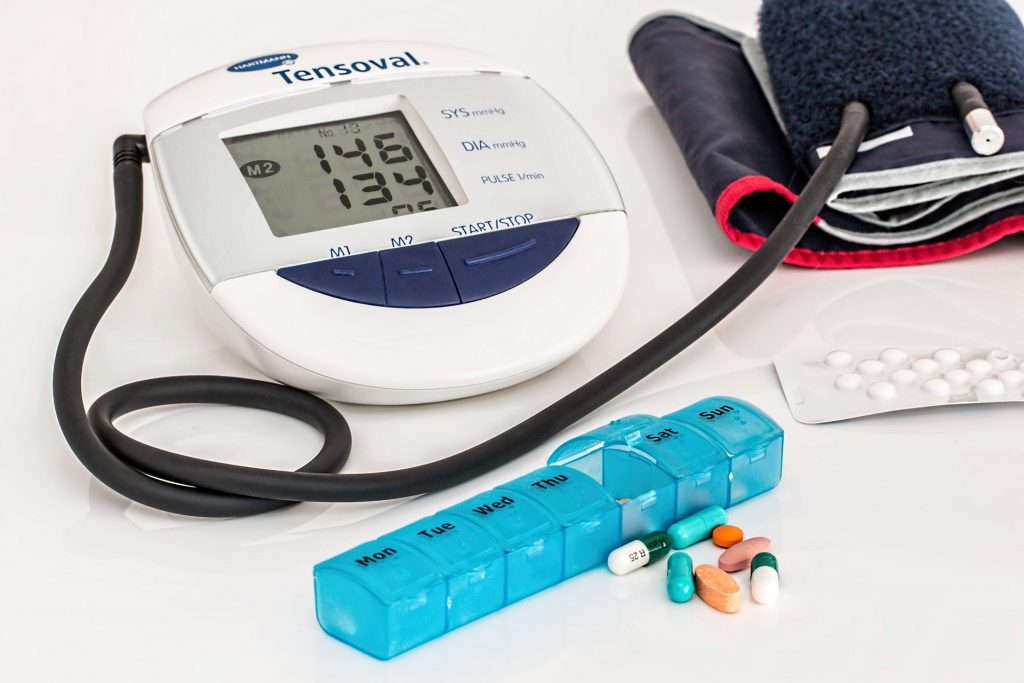Best Practices for Taking Your Blood Pressure Meds

Almost half of US adults have high blood pressure and could benefit from blood pressure meds. If you have high-blood pressure or are caring for someone with high blood pressure, you should know these best practices.
Timing
Taking blood pressure meds at bedtime rather than in the morning nearly halves the risk of dying from a heart attack, stroke or heart failure, a large, new study finds.
At the moment, there are no guidelines about when to take medication and most people take their meds in the morning.
That’s why researchers in Spain, led by Ramon Hermida at the University of Vigo, followed more than 19,000 adults with high blood pressure. They found that people who took all their blood pressure meds at night had lower blood pressure around the clock compared to volunteers who took their medication in the morning.
The investigation ran between 2008 and 2018. It involved about 10,600 men and 8,500 women in northern Spain, aged 18 and older. All had been diagnosed with high blood pressure prior to the study. Study participants were randomly assigned to take all of their blood pressure pills just once a day, either in the morning or at bedtime. Blood pressure was repeatedly assessed throughout the study. In the end, the investigators found that those who always took their meds at night saw their risk of dying as a result of heart or blood vessel problems plunge by two-thirds, compared with those who always took them in the morning.
The study also made participants follow a bedtime drug regimen. This included sleeping at night and not during the day. Altogether, participants who followed the regime had great results:
- a 44% drop in heart attack risk
- a 40% drop in the risk for surgery to widen arterial pathways
- a 42% lower risk for heart failure
- a 49% dip in stroke risk
Consistency
Dr. Satjit Bhusri, a cardiologist at Lenox Hill Hospital in New York City shares another best practice. He says that it’s important to be consistent. You should have a routine and never miss a dose. Missing a dose leads to swings in blood pressure. This is exactly what you want to avoid.
More Factors
Remember that additional factors like emotions and simultaneous use of other medications can affect a drug’s effectiveness.
November is Family Caregiver’s Month. There are 40.4 million unpaid caregivers of adults ages 65 and older in the United States. Of that group, nine-in-ten are providing care for an aging relative according to data from the Bureau of Labor Statistics. If you’re caring for someone who takes blood pressure meds, share these practices with them.
